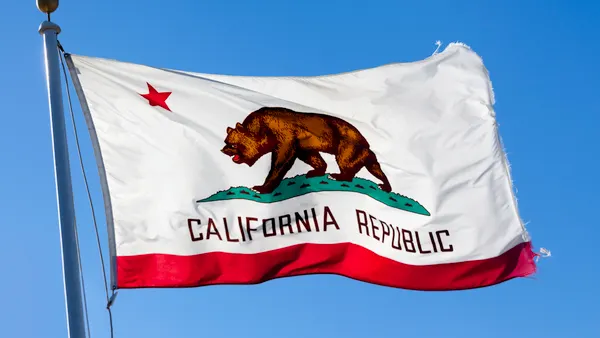Dive Brief:
- The Nevada Public Utilities Commission staff filed estimates of exit fees that would be required of MGM Resorts International ($128 million), Las Vegas Sands ($23.9 million), and Wynn Resorts ($16.6 million) if the three large-scale electricity users exercise their right to leave NV Energy, as they presently propose to do.
- The fee protects remaining NV Energy customers from a cost shift that would be created by the defection of the three resorts, which collectively constitute 7% of the utility’s customer base.
- 2001’s 704b law allows major electricity consumers to defect from the utility’s grid if they bring new generation to the grid, receive PUC approval, and pay an exit fee.
Dive Insight:
Many major businesses across the country today are considering defecting from the grid to procure their own renewables, while some are also using the threat as leverage to get a better deal from their incumbent utilities.
In Nevada, the move by the resorts would allow them take advantage of low-price natural gas and generate or contract for power from onsite renewables, which they expect to appeal to the increasing numbers of resort patrons seeking carbon footprint reductions.
Sunk NV Energy costs that the fees will help cover include the $750 million Harry Allen natural gas plant renovation, new solar projects, and the acquisition of existing power facilities. The utility is now 60% natural gas and almost 20% renewables but the resorts want more.
Switch Technologies of Las Vegas, in pursuit of moving to 100% renewables for its data centers, attempted unsuccessfully to defect from NV Energy. When the PUC denied Switch’s application to separate, it struck a deal with the utility to pay extra for full access to the utility's renewables. NV Energy’s deal with Switch suggests it might be willing to accommodate the resorts.
Responses from the resorts and NV Energy will come in September and the commission proceeding will begin in October.














